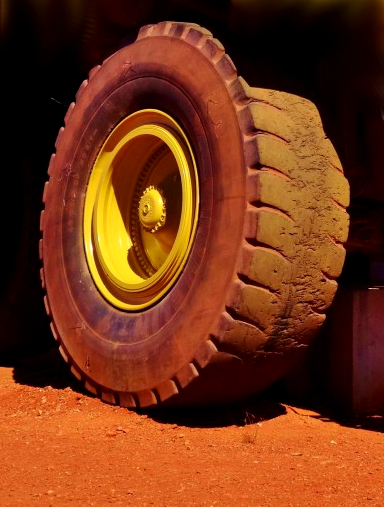Safety stakes raised amid mass sacking
 Serious concerns have been raised about the health and safety impacts of mining firm BMA’s decision to sack 300 full-time staff in Queensland.
Serious concerns have been raised about the health and safety impacts of mining firm BMA’s decision to sack 300 full-time staff in Queensland.
BMA has announced in recent weeks that 300 full time workers at its Blackwater operation will be replaced by contract workers from Downer EDI.
The union representing the current staff says it is a dumb and damaging move.
“BHP wanted to remove full time, permanent employees who live locally and replace them with contractors who have no job security; will receive less pay; and have inferior working conditions compared to current BHP employees under their enterprise agreement,” CFMEU Mining and Energy district president Steve Smyth has told reporters this week.
“They say they're not sacking them, but they're sacking 300 permanent workers to simply replace them with labour hire, cheaper more compliant workers who will have no opportunity to live here other than live in single person's accommodation.”
At a recent community meeting around 1000 workers, families and supporters gathered to back the sacked workers in Blackwater and find ways to fight the decision.
Queensland Council of Unions assistant general secretary Ros McLennan says BMA is like parasite.
A BMA spokesman said no representatives from the company attended the meeting because they were in formal consultation with employees and their representatives.
He warned that no town was safe from workforce casualisation.
Smyth said the mass sacking would have safety repercussions.
“When you take away where an individual or a worker has the right and the protections of being a permanent employee ... they're not game to put their hand up or raise safety concerns because their boss will say; ‘Guess what, mate, don't come in tomorrow’,” Smyth said.
Local LNP politician George Christensen, the member for Dawson, says he will work with unions to ascertain whether or not job casualisation was having a negative impact on communities.
“I am calling on people who have evidence of full-time jobs that have been casualised within the industry to come forward with evidence so we can present it to the Fair Work Commission,” he said.
“We can't go and get this changed on the basis of stories. We need hard proof.”








 Print
Print